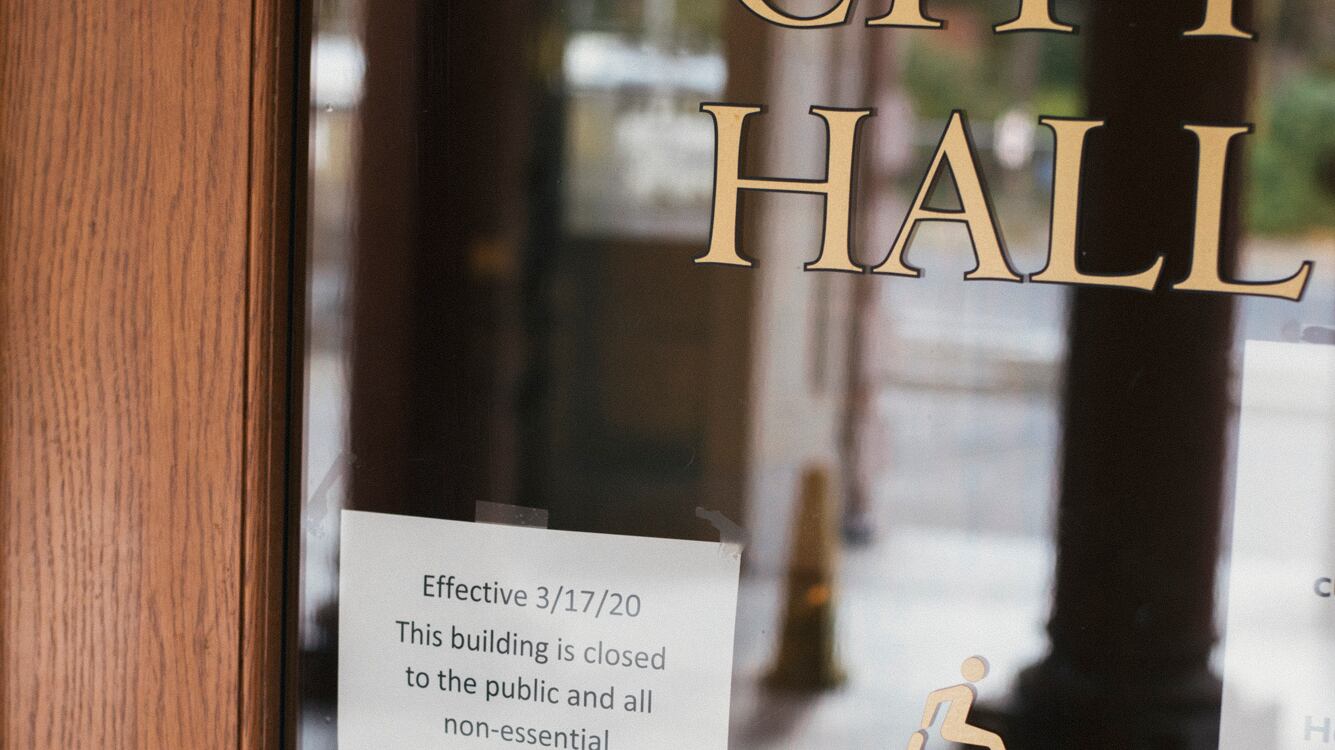During a meeting on Thursday morning with staffers from city commissioners’ offices, members of the mayor’s team and abortion nonprofit representatives, the message was loud and clear to Mayor Ted Wheeler: Don’t cut off city business with Texas contractors.
Wheeler made a splash Sept. 3 when he announced a proposed emergency resolution by the Portland City Council to halt all future deals with Texas-based businesses—which The Oregonian reported could amount to about $7 million a year in contracts.
But City Hall sources tell WW that Wheeler’s proposed response to Texas’ stringent new abortion law is misplaced—and those present at the meeting made that clear this morning.
Attending the meeting were representatives from Planned Parenthood of Oregon, Northwest Abortion Access Fund, All* Above All, the National Institute for Reproductive Health, and NARAL Pro-Choice Oregon.
Instead of halting business with Texas companies, those present urged the mayor’s office to support women in Texas by using city dollars to bolster infrastructure to help Texan women access safe abortions.
And sources say the mayor’s office will likely accede to at least part of that wish: to back off from halting city business with Texas companies. Present at the meeting were Wheeler’s chief of staff, Bobby Lee, and the mayor’s director of public affairs and industry, Sara Morrissey. The city’s attorney, Robert Taylor, also attended. According to sources, Morrissey and Lee listened to the advocates who spoke at the Zoom meeting and pledged to reevaluate the city’s response to Texas’ law.
Wheeler was not present at the meeting.
The mayor’s office declined to answer questions regarding the meeting, but Morrissey says: “Portland City Council offices are having conversations about how to best demonstrate our support in light of what has happened in Texas. We will be back in touch with more information soon.”
Not all commissioners are on board with city funding going to Texans.
Commissioner Mingus Mapps said in a statement that while he is pro-choice, Texas is not the only state that will enact such stringent legislation on abortions—and that “any time or funding we dedicate to Texas will come at the expense of local priorities.”
“As a council, we need to ask what role the city of Portland should play and what precedents we are setting. Unfortunately, other states will attempt to copy Texas,” Mapps said. “Our city is facing historic challenges. Whether it is houselessness or homicides, Portlanders are demanding answers and action.”
NARAL Pro-Choice Oregon executive director Christal Allen declined to discuss the contents of the meeting, but she acknowledged there was an “exciting thing in the works” with city leaders.
“I think when we advocate for people who are seeking abortion care, we try to be as patient-centered and compassionate and judgment free as possible, and those are the types of approaches we take,” Allen says. “We’re excited to have leadership in the city that’s the exact polar opposite of that in Texas.”
NARAL deputy director Jeanine Morales added, “We support Portland’s desire to lead by listening to advocates working around the clock to support the people directly harmed by [the new Texas law].”
The mayor’s office originally intended to bring the emergency resolution to the City Council on Sept. 8, but punted it to the following week.

